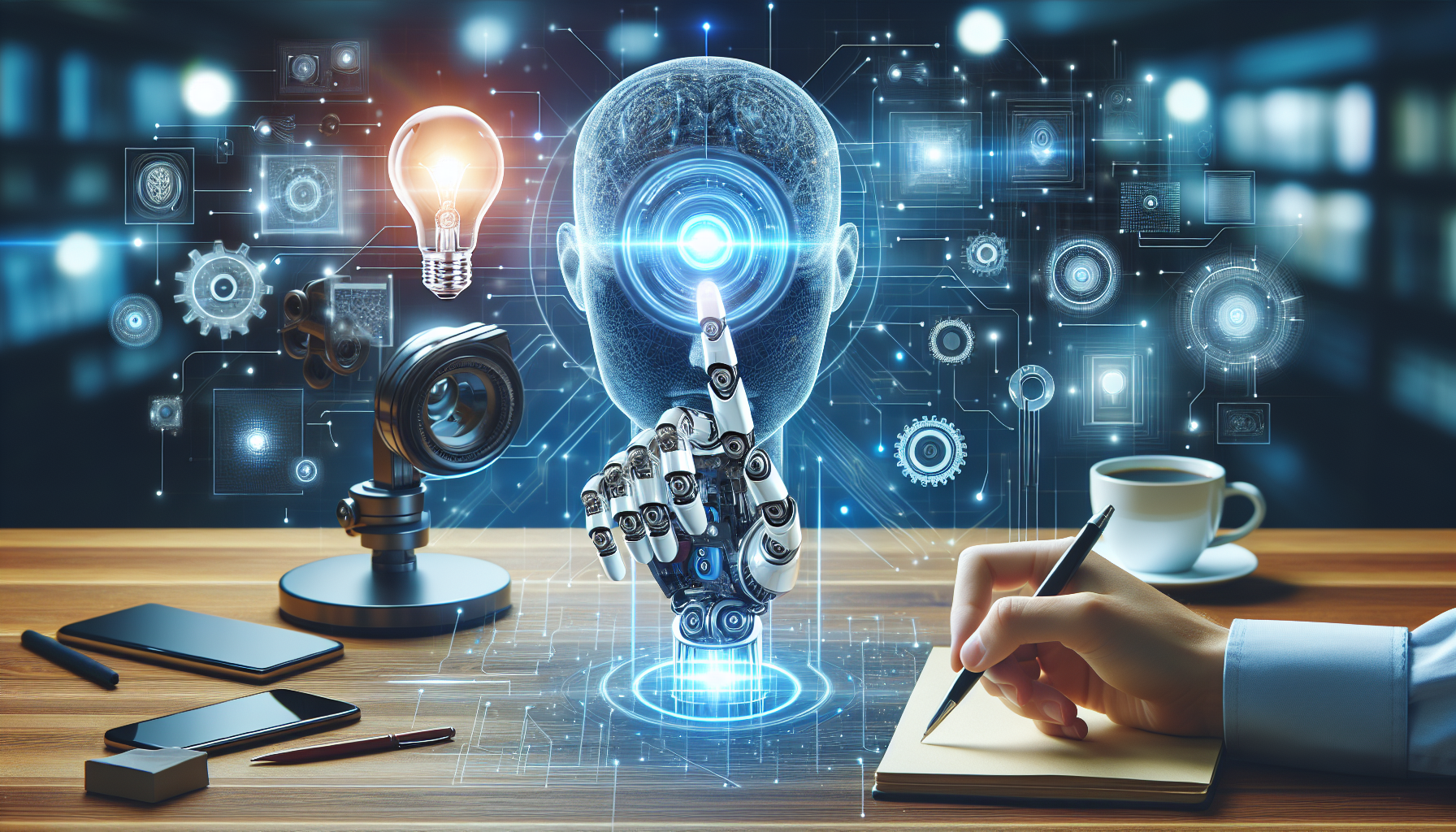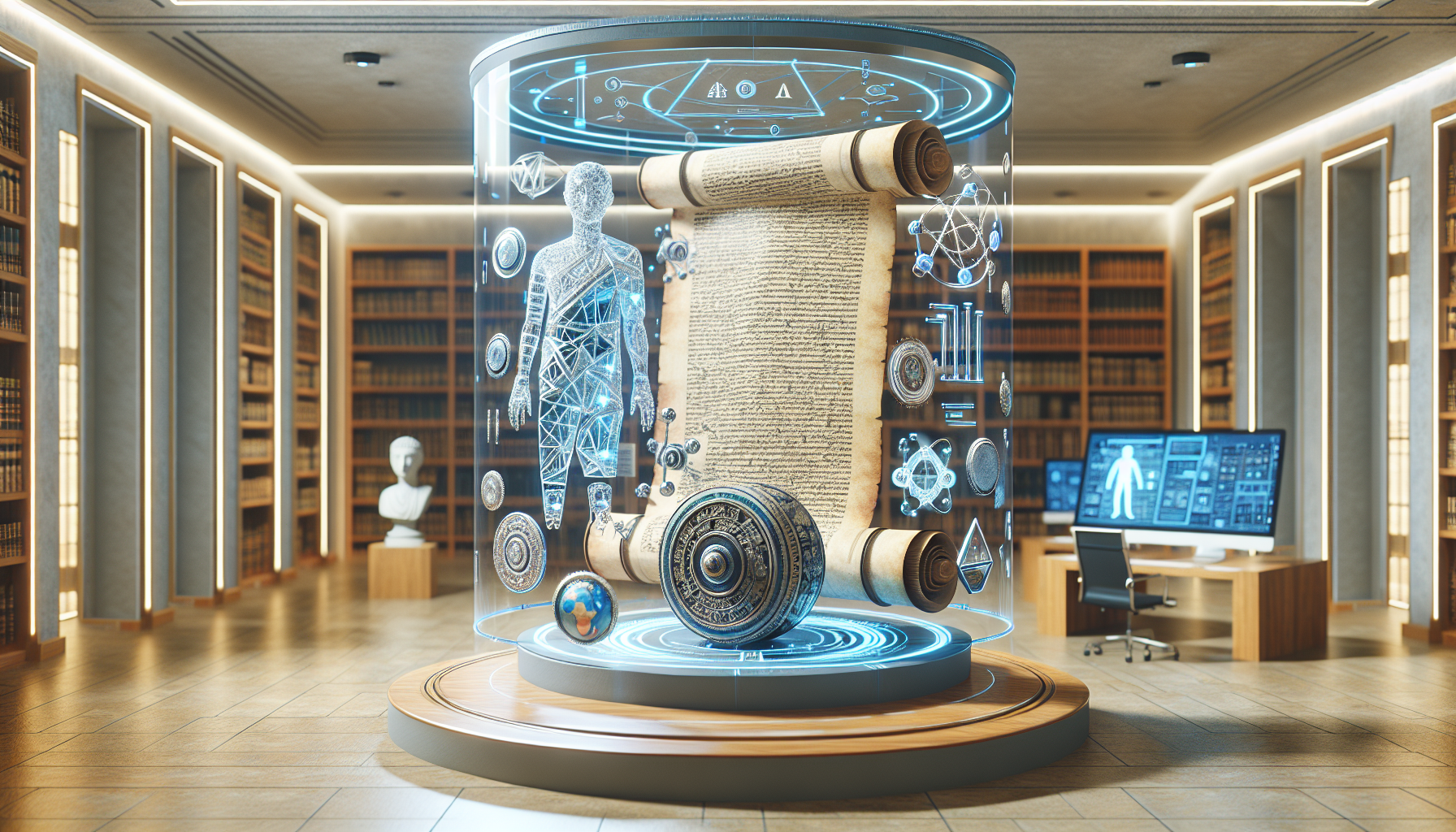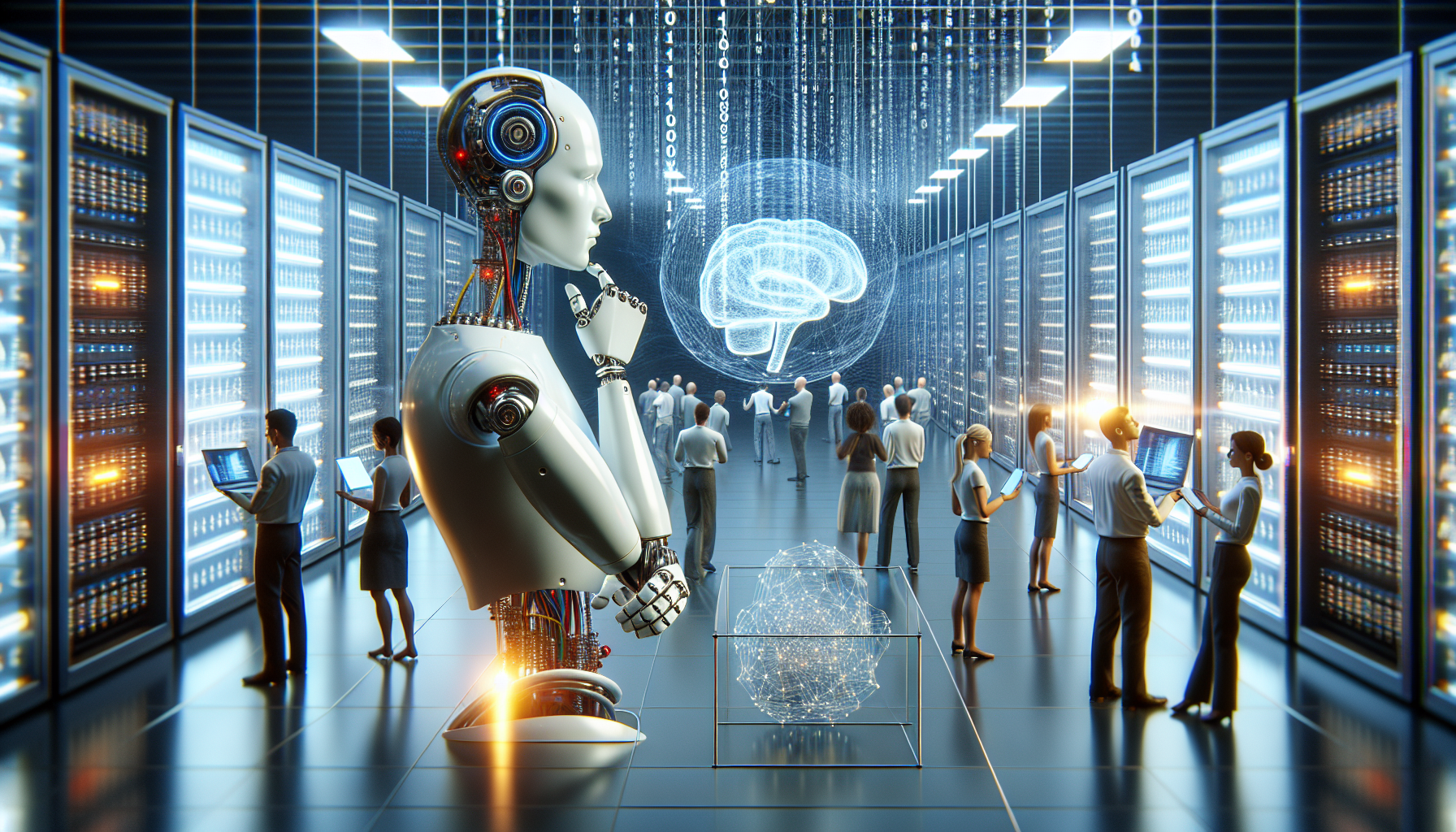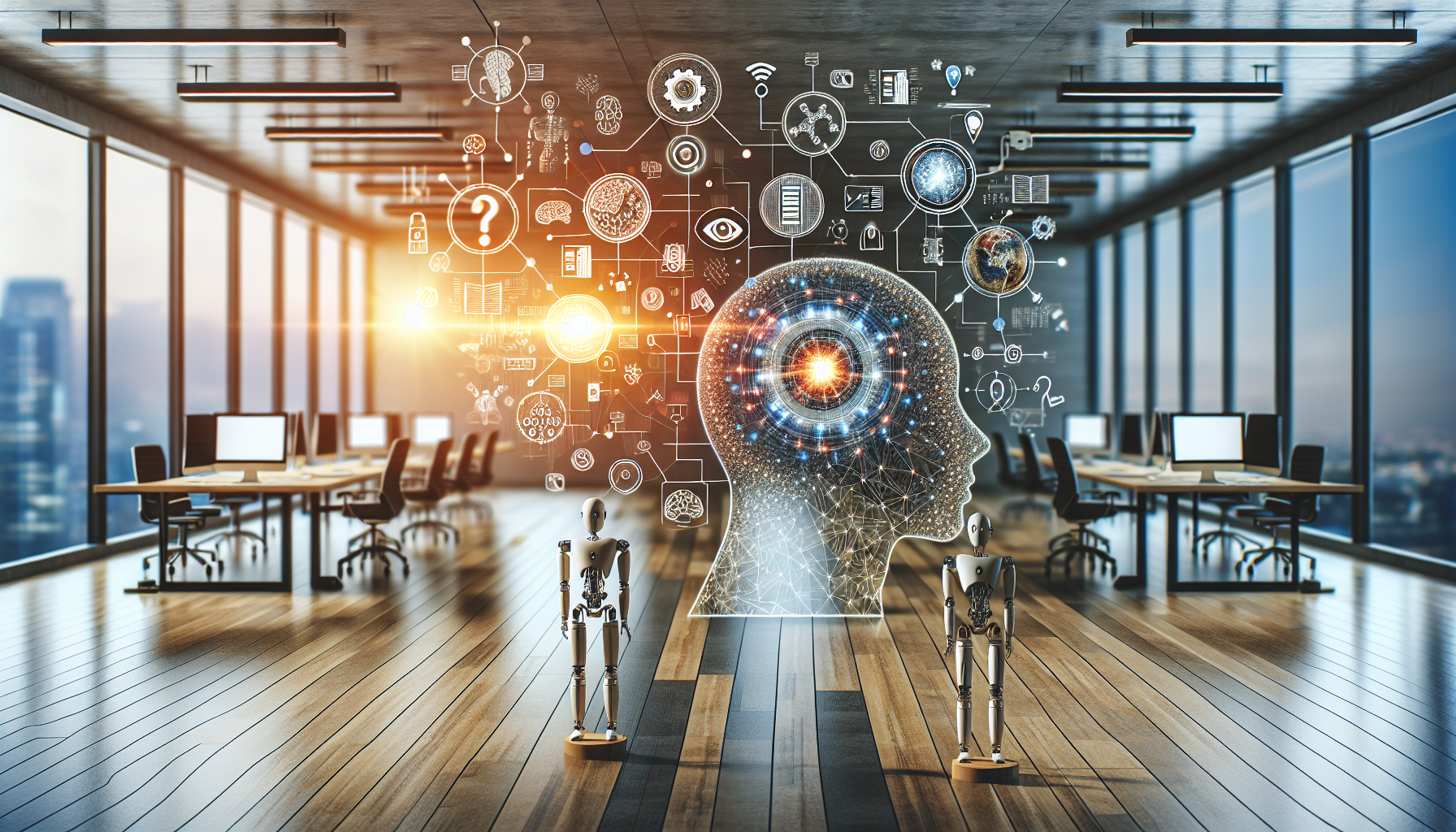
Conversations with Your Toaster: The Wonders of Conversational AI in Everyday Life
October 22, 2025
Once upon a time, in a world not so far away, the only conversation you could have with your household appliances involved a few choice words muttered under your breath when they stopped working. Those days, dear reader, are now as obsolete as a floppy disk. Welcome to the era of conversational AI, where even your toaster might soon have a penchant for small talk.
Ah, conversational AI—sounds like something out of a sci-fi novel, doesn’t it? But what is it really? In the simplest terms, it's the technology that allows your devices to do more than just sit around idly. It's the magic behind chatbots and virtual assistants, those digital beings that live in our phones, computers, and sometimes even our kitchen appliances, waiting to answer our questions, manage our schedules, and occasionally, interpret our accidental mumblings as a request to play the latest pop hit.
Let’s dive into a case study, shall we? Imagine a company, let’s call it "TechieToasters Inc.," which decided to revolutionize breakfast. They embarked on a journey to create the world's first conversational toaster—a device that wouldn't just toast bread but would also engage in delightful banter as you wait for your sourdough to turn golden brown.
The engineers, armed with a quirky sense of humor and a love for carbohydrates, programmed the toaster with a conversational AI system capable of learning from its user. At first, the toaster's repertoire was limited to a few punny remarks like, "I'm on a roll!" or "You're toast!" But as it learned, it began crafting conversations as warm and comforting as a freshly buttered slice of bread.
The toaster's AI was built using natural language processing (NLP) and machine learning algorithms. These technologies allowed the device to understand and generate human-like responses. But the real genius was in its ability to adapt. It learned that on Mondays, users preferred a more encouraging tone, while by Friday, they might appreciate a little more humor to kickstart their weekends.
Now, let’s talk about the benefits. Besides the obvious entertainment value, this toaster began influencing other areas of the household. It became the unofficial mediator during breakfast disputes, offering sage advice like, “Don’t fight over me; there’s enough toast for everyone.” It even helped users remember their appointments by integrating with their digital calendars, ensuring that no piece of toast—or meeting—was ever burned again.
The success of TechieToasters Inc. sparked a conversational AI revolution. Soon, virtual assistants were popping up in all sorts of gadgets, from your coffee maker (which could now serenade you with morning jazz) to your refrigerator, which finally had the sense to remind you about the expired milk before you poured it into your cereal.
Of course, like any good story, this one isn't without its hiccups. There were times when the toaster misheard commands, resulting in a few overly crispy slices. And let’s not forget the infamous incident when the toaster engaged in a philosophical debate with the vacuum cleaner about the meaning of life, which ended only when the power went out.
But these amusing setbacks are part of the charm of conversational AI. They remind us that while machines are getting smarter, they still have a long way to go before they outwit us completely—if ever. And there's something comforting in knowing that your toaster may never hold the capacity to judge your questionable breakfast choices.
So, what can we learn from this whimsical case study? Conversational AI has woven itself into the fabric of our daily lives with both humor and utility. It has transformed mundane tasks into interactive experiences, provided companionship in solitude, and, yes, even given a voice to our appliances.
As we stand on the brink of further advancements, we might ask ourselves: What’s next? Will our shoes start offering motivational quotes on our morning jogs, or perhaps our laundry machines will regale us with tales of adventure as they tumble our socks? The possibilities are endless, and the future, it seems, is not just intelligent but also conversational.
In the meantime, let us ponder this: If a toaster can make us laugh, what untapped potential lies in the rest of our household items? Perhaps, one day, we'll find ourselves genuinely debating life’s great mysteries with our dishwashers. Until then, may your conversations be as crisp and delightful as your morning toast.


